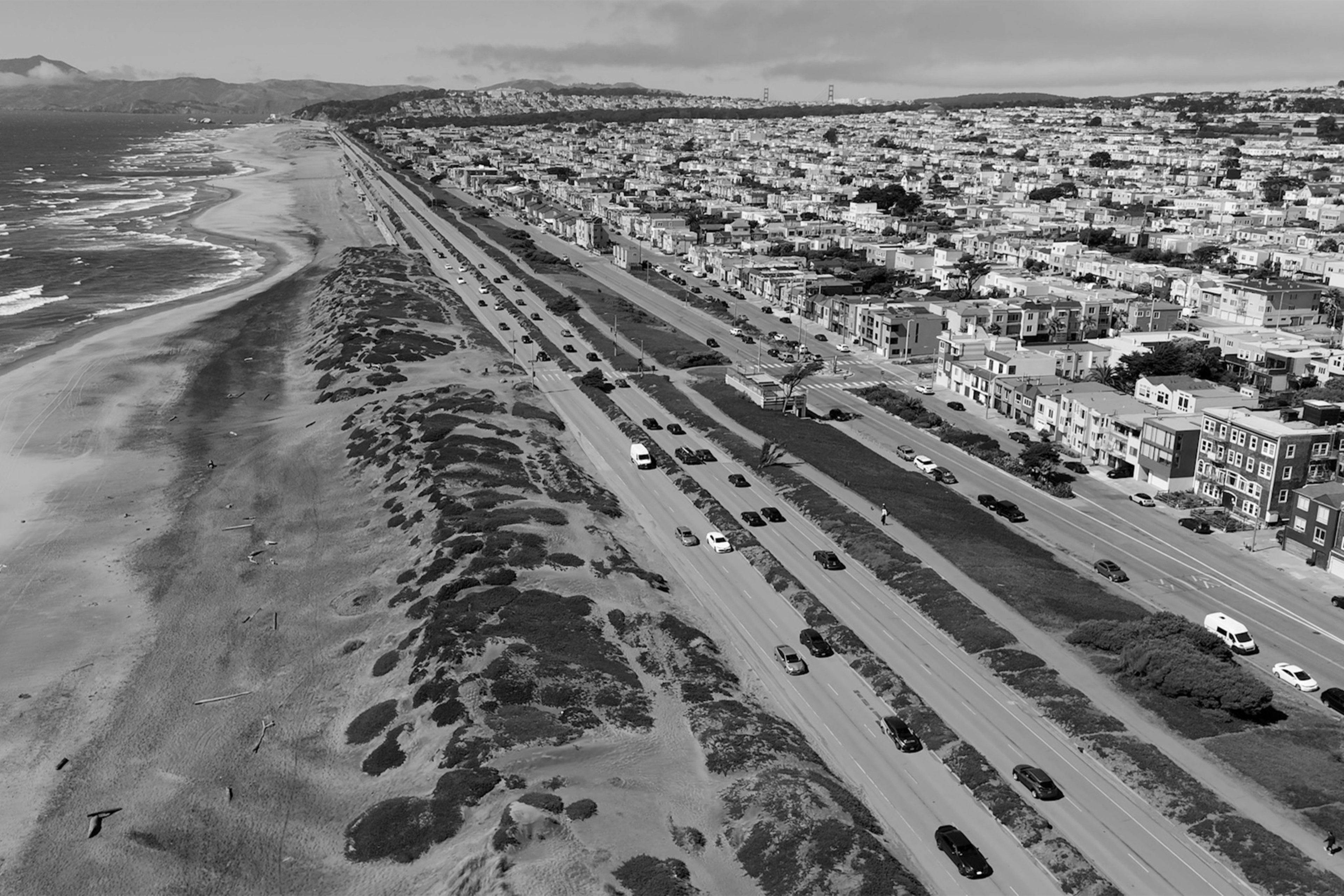I’m part of a privileged class of San Franciscans. I work remotely for a tech company from my house in the Outer Richmond. Multiple times a week, I’m able to go for runs down to Ocean Beach and through Golden Gate Park.
On weekends, I like to run on the car-free Great Highway. The most ardent supporters of closing the Great Highway (opens in new tab) similarly all work in tech, which has given people like me the option of a flexible schedule. However, despite the fact that I personally benefit from the vast open space on the west side, I will be voting no on Proposition K this Tuesday because it is misleading and exclusionary.
To begin with, Prop. K ignores and curtails a successful compromise implemented as a pilot program: closing the Great Highway only on weekends. It forces voters into a false dichotomy: opposing K implies you’re a climate-change denier who doesn’t appreciate parks, while supporting it makes you a true San Franciscan who celebrates open space.
Yes on Prop. K supporters mention on their website (opens in new tab) that getting rid of the compromise was necessary to “allow us to create a park and plan ahead for improvements.” But the reality is that the plan does not create a park — it simply closes the road permanently.
As far as cost savings go, Prop. K supporters contend that the city spends $1.7 million on clearing sand, but they fail to note that in order to allow bikes and emergency vehicles to continue to use the promenade, sand clearing would need to continue.
Separately, the funding for a future park and dune restoration doesn’t exist and would require tentative public-private partnerships. This measure is saying “we have concepts of a plan,” rather than actual policy. Voters should be asking, “Why now?” Why not allow us to vote on continuing the compromise until further improvements are made and funding is secured?
Prop. K backers argue that the road is already becoming less useful, since the section south of Sloat is set to close due to continual erosion. But anyone who has driven on Sunset Boulevard or 19th Avenue understands the significant usefulness of having an alternative artery to the south, even if you have to turn left on Sloat.
There are no official plans to improve traffic patterns on alternative roadways. Any improvements that are in progress are designed to improve pedestrian safety and Muni access, not to alleviate vehicle congestion. If you have driven on Sunset or 19th in the past few years, you’ve experienced reduced traffic lanes due to repaving and upgrades for Muni. There’s no doubt that these improvements will be required more frequently as more drivers are diverted to these roadways.
Proponents of Prop. K are quick to tout the potential benefits to westside businesses because of increased pedestrian traffic on weekends from the current part-time closure. However, equating weekend patterns with weekdays is overly simplistic. Considering the area’s foggy and windy climate for a significant portion of the year, it’s optimistic to predict a consistent influx of pedestrians. As a decade-long resident of the westside and a daily park user, I anticipate that this “future” park will be vastly underused for most of the year.
As westside residents, we’re fortunate to have access to an enormous beach and multiple parks open every day, rain or shine. I’m cognizant of the privilege that allows me to enjoy these spaces freely. But being a good citizen means voting on behalf of your community, not exclusively your own interests.
The Great Highway roadway is an important connection for my neighbors with limited mobility who need to drive, for veterans who commute to the VA, and for the majority of workers who have to commute by car to work. In voting on Prop. K, I urge you to reject its hollow promises and prioritize the needs of a broader community.
And if not, then I better see you recreating on the road in January.
Jenna Jorgensen is a westside resident, a creative working in tech, and an avid user of city parks.

